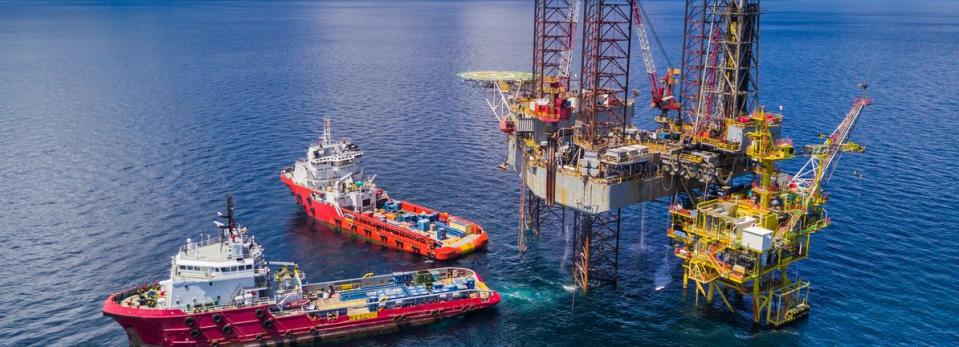We're Keeping An Eye On Elixir Energy's (ASX:EXR) Cash Burn Rate

We can readily understand why investors are attracted to unprofitable companies. Indeed, Elixir Energy (ASX:EXR) stock is up 136% in the last year, providing strong gains for shareholders. But while history lauds those rare successes, those that fail are often forgotten; who remembers Pets.com?
In light of its strong share price run, we think now is a good time to investigate how risky Elixir Energy's cash burn is. In this article, we define cash burn as its annual (negative) free cash flow, which is the amount of money a company spends each year to fund its growth. We'll start by comparing its cash burn with its cash reserves in order to calculate its cash runway.
See our latest analysis for Elixir Energy
How Long Is Elixir Energy's Cash Runway?
A company's cash runway is the amount of time it would take to burn through its cash reserves at its current cash burn rate. As at June 2020, Elixir Energy had cash of AU$3.3m and no debt. Looking at the last year, the company burnt through AU$4.5m. That means it had a cash runway of around 9 months as of June 2020. That's quite a short cash runway, indicating the company must either reduce its annual cash burn or replenish its cash. The image below shows how its cash balance has been changing over the last few years.
How Is Elixir Energy's Cash Burn Changing Over Time?
Because Elixir Energy isn't currently generating revenue, we consider it an early-stage business. So while we can't look to sales to understand growth, we can look at how the cash burn is changing to understand how expenditure is trending over time. With the cash burn rate up 12% in the last year, it seems that the company is ratcheting up investment in the business over time. That's not necessarily a bad thing, but investors should be mindful of the fact that will shorten the cash runway. Elixir Energy makes us a little nervous due to its lack of substantial operating revenue. We prefer most of the stocks on this list of stocks that analysts expect to grow.
Can Elixir Energy Raise More Cash Easily?
Given its cash burn trajectory, Elixir Energy shareholders should already be thinking about how easy it might be for it to raise further cash in the future. Companies can raise capital through either debt or equity. One of the main advantages held by publicly listed companies is that they can sell shares to investors to raise cash and fund growth. By comparing a company's annual cash burn to its total market capitalisation, we can estimate roughly how many shares it would have to issue in order to run the company for another year (at the same burn rate).
Elixir Energy has a market capitalisation of AU$91m and burnt through AU$4.5m last year, which is 4.9% of the company's market value. Given that is a rather small percentage, it would probably be really easy for the company to fund another year's growth by issuing some new shares to investors, or even by taking out a loan.
So, Should We Worry About Elixir Energy's Cash Burn?
Even though its cash runway makes us a little nervous, we are compelled to mention that we thought Elixir Energy's cash burn relative to its market cap was relatively promising. We don't think its cash burn is particularly problematic, but after considering the range of factors in this article, we do think shareholders should be monitoring how it changes over time. On another note, Elixir Energy has 5 warning signs (and 1 which makes us a bit uncomfortable) we think you should know about.
Of course Elixir Energy may not be the best stock to buy. So you may wish to see this free collection of companies boasting high return on equity, or this list of stocks that insiders are buying.
This article by Simply Wall St is general in nature. It does not constitute a recommendation to buy or sell any stock, and does not take account of your objectives, or your financial situation. We aim to bring you long-term focused analysis driven by fundamental data. Note that our analysis may not factor in the latest price-sensitive company announcements or qualitative material. Simply Wall St has no position in any stocks mentioned.
Have feedback on this article? Concerned about the content? Get in touch with us directly. Alternatively, email editorial-team@simplywallst.com.

 Yahoo Finance
Yahoo Finance 
